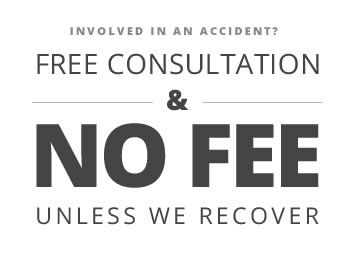Though the physical pain of a work-related injury will hit you first, there are other consequences that you will start to realize in the days that follow. If you cannot return to your job shortly after the accident, you could be losing wages. Plus, you are incurring bills for medical treatment, including surgery, physical therapy, pain medications, and others. These costs, in addition to your normal household expenses, can put you in a serious financial predicament.
Maryland’s workers’ compensation system is designed to alleviate these struggles by providing monetary benefits as you recover. However, you are only entitled to receive them until you reach a certain level. Which goes by the term “maximum medical improvement” – MMI for short. The terminology and related legal concepts are quite complicated, so it is understandable that you have questions. A Maryland workers’ compensation lawyer can explain in more detail, but here are some of the answers you may be seeking.
What Does MMI Mean?
Your maximum medical improvement refers to your level of well-being at the point at which you are not likely to get any better despite additional treatment. In other words, your MMI means your medical condition has stabilized, and it will not improve or degrade further – no matter what additional medical care may be provided to you.
Why Does MMI Matter in a Workers’ Comp Claim?
One type of benefits you can receive under Maryland workers’ comp laws is wage replacement, i.e., a portion of your weekly salary that you miss out on while you cannot work. Upon your return to your job, wage replacement funds terminate. Your MMI is a measurement of whether you are medically ready to go back to your job.
In some cases, your MMI does not represent a full, 100% recovery from your injuries. There are still complications or other lingering effects that impact your ability to work in your chosen occupation. You may be eligible for permanent disability benefits, either total or partial – depending on your circumstances.
How Does Maryland Law Determine MMI?
Unlike other states that have enacted statutes regarding MMI, Maryland’s definition derives from case law. A court opinion determined that MMI is the point where the employee’s condition has stabilized. And where further medical care will not promote further recovery.
What are Some Indications I have Not Reached MMI?
You may not be at MMI if you are still under a physician’s care, such as through appointments for future treatment or follow up visits. Your medical records, including those covering lab results, x-rays, and other tests, may also indicate that you are not at MMI. However, a doctor’s opinion is sometimes used to state that you have or have not reached MMI.
Get More Answers from a Maryland Workers’ Compensation MMI Attorney
This general information may be helpful, but you no doubt want some additional details on how MMI affects your unique situation. To learn more about your rights and legal options under Maryland’s workers’ comp laws, please contact attorney Michael A. Freedman. Set up a free consultation at our office in Owings Mills, MD. Our team serves clients throughout Baltimore County and the surrounding region, and we are happy to advise you.



